 Discover the Story of a Trailblazer: Film Screening and Panel Discussion
Discover the Story of a Trailblazer: Film Screening and Panel DiscussionAbout this Event
From Sharecropper's daughter to the first African American Surgeon General of the United States, Healer is a documentary about the life of Dr. Joycelyn Elders. Join us for a powerful 50-minute documentary that chronicles her courage and advocacy. Dr. Elders was outspoken on the HIV/AIDS crisis and promoted honest conversations around teen safe sex practices. Her groundbreaking, but controversial, views led to her resignation, yet history has vindicated her bold stance.
The film also explores the vital role of representation in inspiring future leaders, resonating with Dr. Elders' famous words, "You can't be what you can't see."
Following the screening, join an insightful panel discussion with:
- Dr. Joycelyn Elders (via Zoom)
- Dr. Candace Bellamy, Director of Healer (via Zoom)
- Dr. Janhavi Mallaiah, Director of Programs, Columbia Center for Community Health
- Dr. Robert Fullilove, Associate Dean for Community and Minority Affairs, Columbia University
- Moderator: Ikenna Nebo, 2nd-year Columbia University Medical Student
Don’t miss this chance to celebrate a pioneer whose legacy continues to impact public health and inspire future generations.
This event is free and open to the public. Light refreshments will be served. Register now to guarantee entrance. Children must be accompanied by an adult. Content is geared toward adults, but people of all ages are welcome. Guests can arrive at any time between 5:30 pm and 6:00pm. Since this is a film screening, we appreciate your timely arrival.
Photography: On occasion, we photograph or video our events for promotional and archival purposes. When registering for the event at Jerome L. Greene Science Center, you give Columbia University in the City of New York the right to use your image for said purposes. We will never use your names, age, or other identifying factors.
Questions? Email us at [email protected].
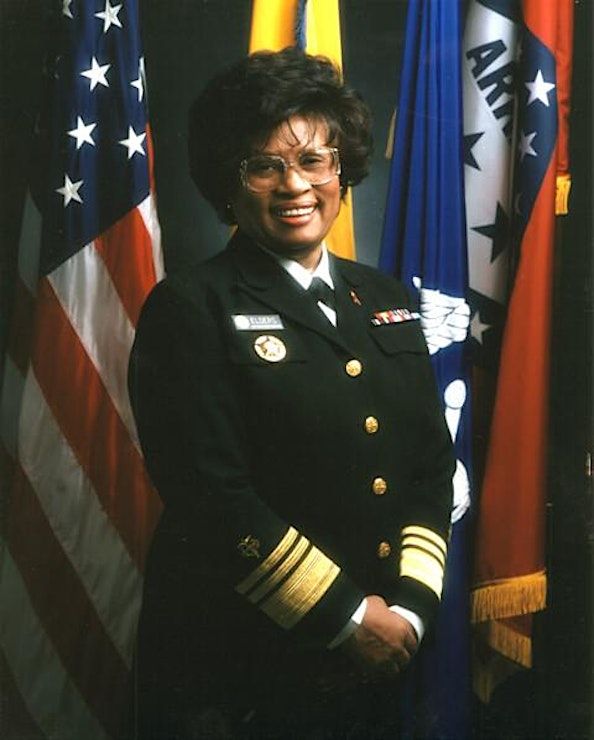
Dr. Joycelyn Elders
Dr. Joycelyn Elders, born Minnie Lee Jones on August 13, 1933, in Schaal, Arkansas, is a rockstar in the world of public health. Hailing from a humble background, she broke through barriers to become the first African American Surgeon General of the United States. Her time in office from 1993 to 1994 was marked by her fearless advocacy for sex education, contraception, and drug legalization, making her a bit of a lightning rod for controversy, but also a hero for those pushing for progressive healthcare policies.
Dr. Elders left office in 1994 and in 1995 she returned to the University of Arkansas as a faculty researcher and professor of pediatric endocrinology at the Arkansas Children's Hospital. In 1996 she wrote her autobiography, Joycelyn Elders, M.D.: From Sharecropper's Daughter to Surgeon General of the United States of America.
Now retired from practice, she is a professor emeritus at the University of Arkansas School of Medicine, and remains active in public health education. Even after her tenure, she's been a fierce advocate for equitable healthcare access, inspiring folks everywhere to fight for a healthier, fairer world.
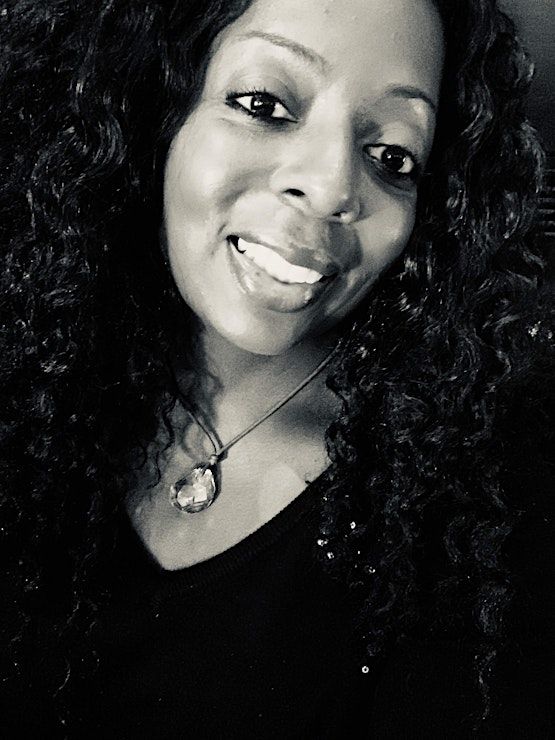
Candace Bellamy, Director
Dr. Candace Bellamy wears multiple hats in her professional life which include working full-time as a physician for the military, soul singer and documentary filmmaker. She recently completed her first feature documentary "Healer," which chronicles the remarkable life of Dr. Joycelyn Elders, the first African American Surgeon General of the United States.
Seeking inspiration for her own professional journey, she embarked on a research project exploring the achievements of women in medicine. During her research, she discovered many trailblazers who paved the way for women in medicine, one of them being Dr. Joycelyn Elders. Meeting Dr. Elders and hearing her story deeply resonated with Bellamy, leading her to shift the focus of her documentary to highlight Dr. Elders' impactful journey.
Driven by her passion for storytelling and with the desire to uplift and empower women in medicine, Bellamy envisions developing future projects highlighting the achievements of women in medicine.
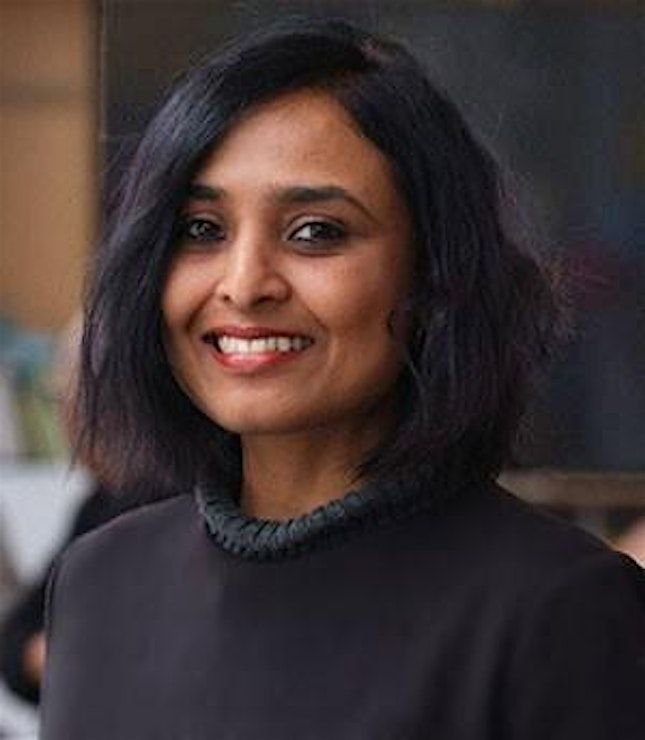
Dr. Janhavi Mallaiah
Janhavi Mallaiah, MD, MA, MPH, EdD, Program Director at the Institute for Training Outreach and Community Health (InTOuCH) within the Columbia Center for Community Health, holds a medical degree from the Rajiv Gandhi University of Health Sciences in India, a Master’s in Public Health from the University of North Texas Health Science Center, and a Doctor of Education from Teachers College, Columbia University.
Her expertise lies in primary healthcare, community program planning and evaluation, capacity building for frontline health workers, community-based participatory research, and instrument design and validation. Before relocating to the United States, she had extensive public health practice experience in India. During this time, she spearheaded various initiatives, such as establishing primary healthcare clinics, recruiting and training frontline health workers in fundamental health and hygiene practices, and implementing community-based interventions.
Following her residency at the Comprehensive Rural Health Project (CRHP) in Jamkhed, India, where she was first introduced to frontline health workers, she recognized their value to the future of healthcare and wanted to be a part of it. She has since trained over 500 frontline health workers in India and the United States, and she is inspired to train more.
Beyond her professional pursuits, Janhavi is a trained Indian Classical music singer. During her leisure time, she explores New York City, learns new meditation techniques, and stays abreast of updates from the James Webb telescope.
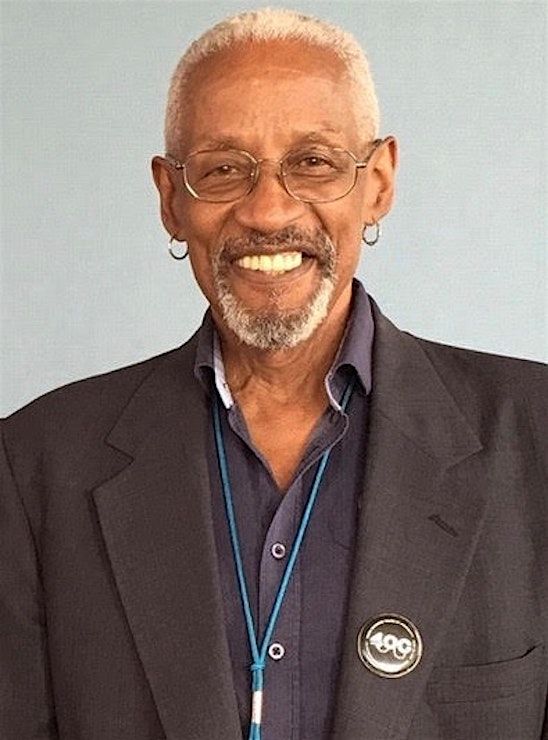
Dr. Bob Fullilove
Robert Fullilove, EdD, is Professor of Sociomedical Sciences at the Columbia University Irving Medical Center and Associate Dean of Community and Minority Affairs at the Mailman School of Public Health. His career in public health began in 1986 when he and Mindy Fullilove were founding members of the Center for AIDS Prevention Studies at the University of California, San Francisco. Dr. Fullilove has worked extensively as a researcher, educator, and policy analyst to eliminate racial/ethnic health disparities. He is also the Senior Advisor for Public Health Programs at the Bard Pr*son Initiative and has been teaching public health courses in 6 New York State Prisons since 2010. He is a veteran of the US civil rights movement that provided him with his first classroom teaching experiences in Freedom Schools in Holly Springs, Mississippi in 1964.
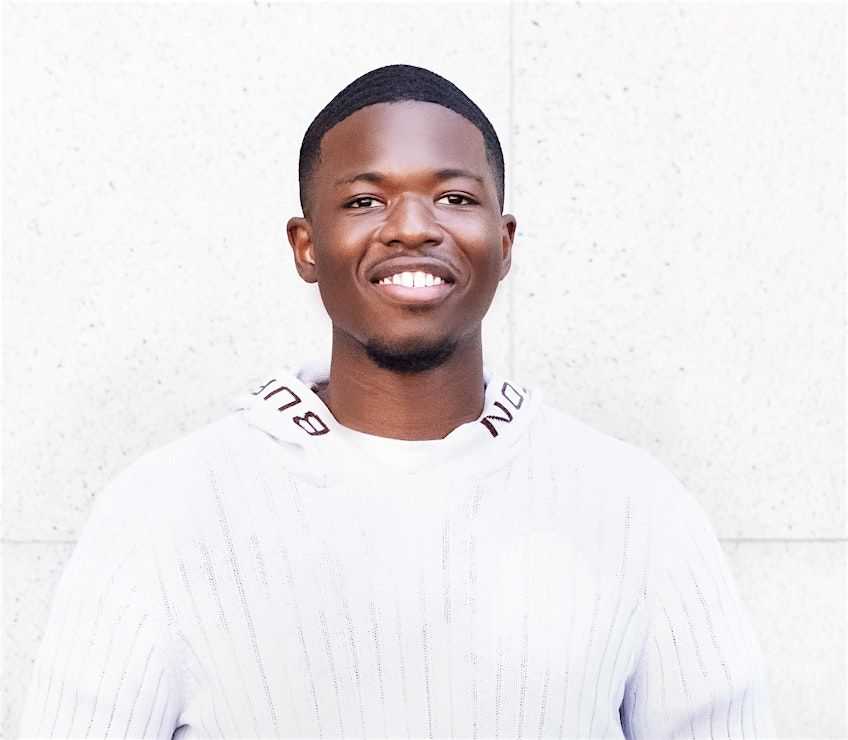
Ikenna Nebo
Ikenna David Nebo is a New York City native and second-year medical student at Columbia University Vagelos College of Physicians and Surgeons. He spent the first half of his life in the Bronx, during which time an outreach program for low-income students helped him apply to and matriculate at Regis High School, a free private high school on the Upper East Side. He earned his bachelor's degree in neuroscience and behavior from Columbia University in 2022. As an undergraduate, Nebo founded and ran "You Can Too," a non-profit organization that for two years helped hundreds of Black and Brown high school students across the nation successfully apply to and matriculate into the nation's best colleges and universities. After graduation, he spent a year at the Zuckerman Institute as a public engagement officer--a role that saw him actively involved in supporting the BRAINYAC program and designing additional pipeline programs for the institute. As a medical student, Ikenna is the co-director of CHRIA, the university's clinic for asylum seekers, where he leads all clinic operations to ensure their patients get the help they need. He is an active member of the Young Docs program (a mentorship program for high school students looking to pursue medicine) and is a SPOTS instructor (a role in which he gives presentations about skin cancer to local high schools and middle schools). He currently hopes to specialize in dermatology and currently does research on skin cancer, skin infection, and genetic skin disorders.
Event Venue
Jerome L. Greene Science Center, 3227 Broadway, New York, United States
USD 0.00
